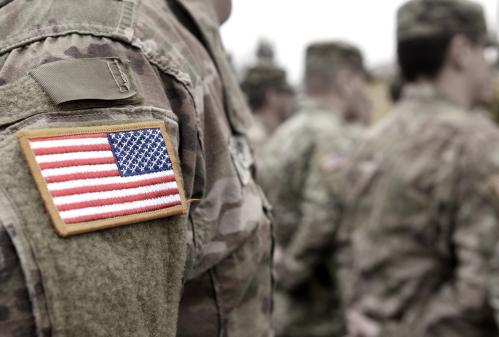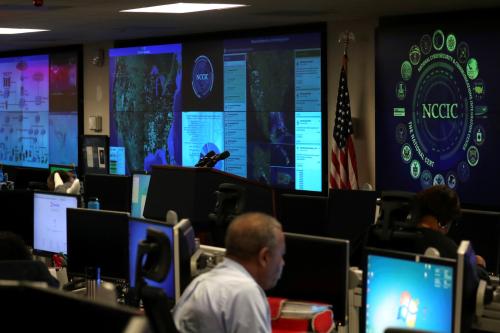BOB EDWARDS: Coalition forces are moving to secure those oil fields and port facilities in southern Iraq. So far, they’ve followed a different script from what the Pentagon had suggested for the start of the war. Michael O’Hanlon is a senior fellow at The Brookings Institution.
What happened to the shock-and-awe strategy of massive air attacks the Pentagon had led us to expect at this point?
MICHAEL O’HANLON: Well, it’s a good question. I guess the intelligence about Saddam Hussein’s potential whereabouts is the main explanation for why they decided to go with the decapitation strike first. And after that was undertaken, the whole shock-and-awe concept, you sort of had lost the shock. And so I guess people rethought the basic strategy. I think it was smart to do that. You want to take a shot at Saddam if you can. And also, I doubt how much shock you really would have caused the Iraqis. They’ve been getting pummeled by American airpower and British airpower for 12 years. And so I’m not sure they would be so impressed by a couple of thousand bombs falling around Baghdad. It would have been worth trying if that was an easy way and a proper way to start the war, but there was no great harm done in revising the battle plan at the last minute.
EDWARDS: If I saw Marines coming at me on the ground, I’d be shocked and awed myself.
O’HANLON: Well, that’s a fair point. And I think we also should look for the US-UK ground forces to be a very big part of this war. There’s an ongoing debate whether airpower has become even more dominant. And I think that when you’re talking about urban combat, whatever progress and technology we’ve seen is not as great as the sheer fact, the simple fact that going after people in the city requires boots on the ground. And even going after these Iraqi forces near Basra requires ground forces, and they’re doing a fantastic job from what we can tell.
Listen to the full interview.
The Brookings Institution is committed to quality, independence, and impact.
We are supported by a diverse array of funders. In line with our values and policies, each Brookings publication represents the sole views of its author(s).



Commentary
Military Strategy
March 21, 2003